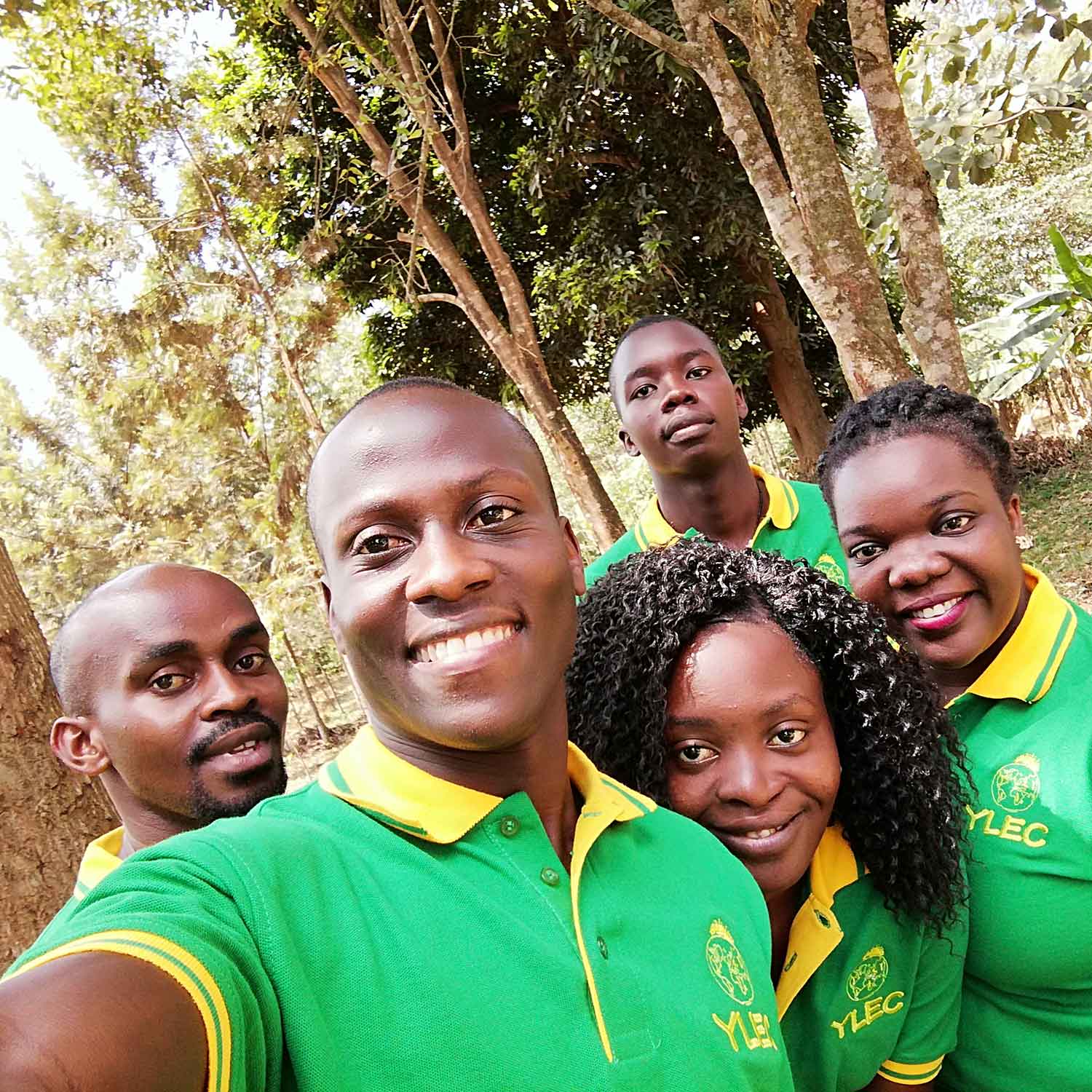
“Our event helped to increase awareness on impacts of nuclear energy, available renewable energy technologies, and how they can be accessed as well as the limitations to access. The discussion provided an open platform for participants to share with the guest speaker, event host, and other participants.”
Isaac Sserwanga is a student and student assistant at iSchools Inc. in Kampala, Uganda. For the SIMA SDG Challenge, Isaac chose to screen Women of Fukushima. This film follows six Japanese women who offer brutally honest views on the state of the clean-up, the cover-ups and untruths about the nuclear accident in Fukushima, and how it has affected their lives, homes and families. Through screening the film, he encouraged the audience to connect with Sustainable Development Goal (SDG) Number 7: Affordable and Clean Energy- Ensure access to affordable, reliable, sustainable and modern energy for all.
Why did you choose the SIMA Academy film Women of Fukushima?
It had a good story line, enough to encourage use of renewable energy and create sensitivity to use of nuclear energy. Also, Uganda just signed an MOU with China National Nuclear Corporation to exploit nuclear energy. This created an uproar in selected communities for establishing plants. So, it’s a head start for the future dialogues on feasibility of nuclear energy in Uganda.
How did the screening meet your objectives for the overall event?
It helped to increase awareness on impacts of nuclear energy, available renewable energy technologies, and how they can be accessed as well as the limitations to access. The discussion provided an open platform for participants to share with the guest speaker, event host, and other participants.
Can you tell us if and how this event changed the audience’s awareness of the subject matter?
From participants’ feedback after the screening, they were so skeptical about the use of nuclear energy and asked more questions on access to the available renewable energy technologies like solar. For students, they asked if we can have the same event in their schools to further enlighten them and share knowledge with other students in their clubs.
What were the main topics of discussion at the event?
-Availability and access to renewable energy technologies; solar, forestry, bio-gas
-Short term convenience versus long term sustainability
-Rigidity of the people due to their cultural mindset. “If our grandparents used it, why not us?”
-Lack of knowledge about the advantages of renewable energy and realities of non renewable energy
-Renewable technologies as alternative sources of income
Examples include: tree nursery establishment to sell seedlings, solar for charging stations, energy saving stoves, solar lamps enterprises, and facilitating workshops on renewable energy in communities for a fee
-Use of nuclear energy as a source of energy
Its production comes with challenges and risks while there is a lot of renewable energy that is not yet utilized
-Is nuclear energy a suitable source of energy for Uganda?
Some audience members expressed that the government stands to benefit at the expense of the people if nuclear energy would be utilized.
Please share a memorable moment during your event.
During mingling the participants requested more discussion on renewable energy technologies and training in alternative sources of income for their clubs in school.